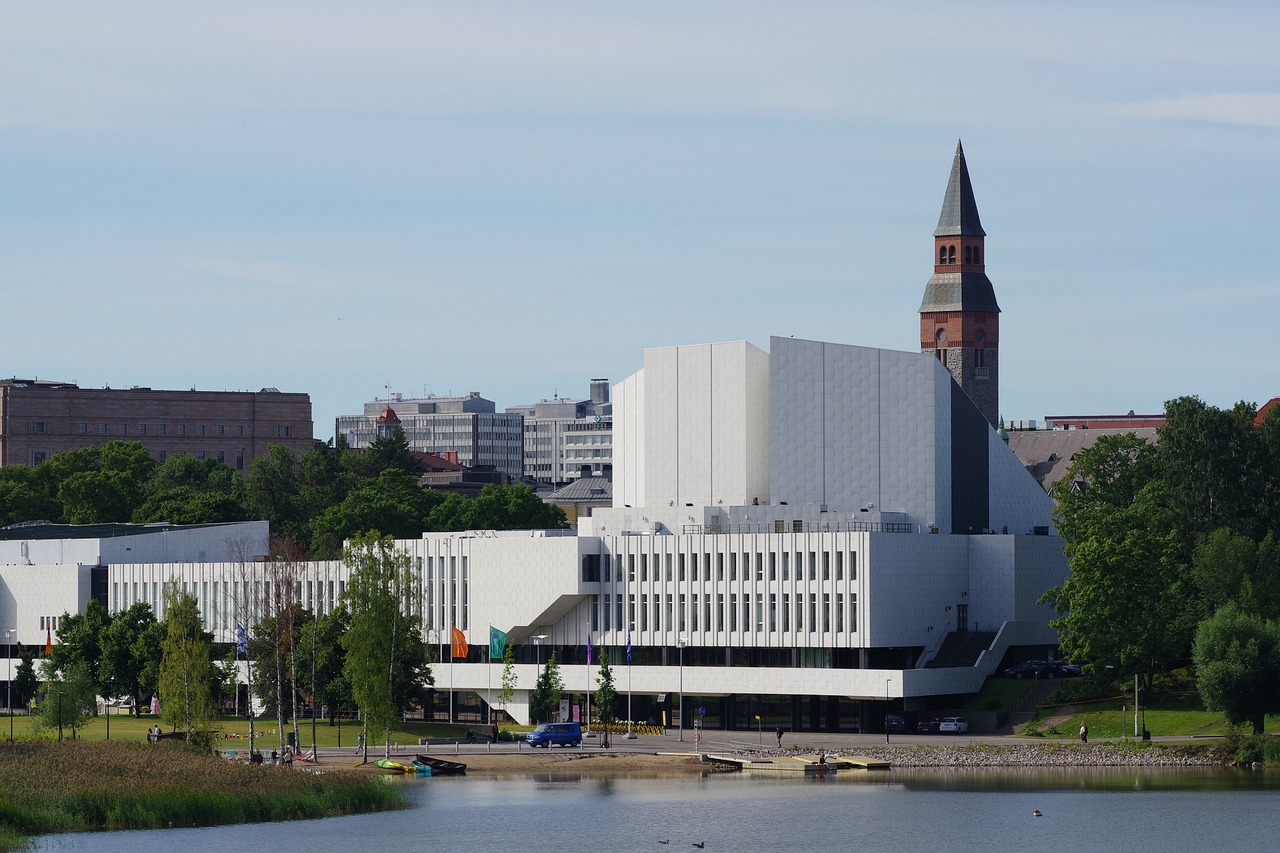In the face of rapid urbanization and the growing challenges of climate change, the management of water resources in urban areas has become a pressing concern. As cities expand, the demand for water intensifies, putting immense strain on existing systems and ecosystems. To ensure a sustainable and secure future, it is imperative to rethink urban water management strategies. In this article, we delve into the critical importance of sustainable water management in urban environments and explore innovative solutions that can shape a more resilient future.
The Urban Water Crisis
Urban areas are hubs of activity, economic growth, and innovation. However, this rapid development often comes at a cost: the mismanagement and overexploitation of water resources. The urban water crisis is characterized by issues such as water scarcity, pollution, inadequate infrastructure, and the depletion of groundwater reserves.
As populations in cities continue to swell, the demand for water increases exponentially. Urbanization not only drives up water consumption for domestic use but also for industrial processes, agriculture, and energy production. In many cases, this demand surpasses the capacity of local water sources, leading to water stress and scarcity.
The Need for Sustainable Solutions
The urgency of the urban water crisis necessitates a paradigm shift in how we approach water management. Instead of relying solely on traditional methods, we must embrace sustainable solutions that balance the needs of urban growth with the preservation of water resources and ecosystems.
1. Water Recycling and Reuse
One promising approach is the implementation of water recycling and reuse systems. Instead of treating wastewater as a waste product, advanced treatment technologies can purify it to meet safe standards for non-potable uses. This “fit-for-purpose” approach allows treated water to be used for irrigation, industrial processes, and even toilet flushing, reducing the strain on freshwater sources.
2. Rainwater Harvesting
Rainwater harvesting is another strategy gaining traction in urban areas. By capturing rainwater from rooftops and other surfaces, cities can supplement their water supply and reduce runoff, which can carry pollutants into rivers and oceans. Rainwater can be collected in tanks and used for activities such as watering gardens, flushing toilets, and even drinking after proper treatment.
3. Green Infrastructure
Incorporating green infrastructure, such as green roofs, permeable pavements, and urban wetlands, can play a vital role in sustainable water management. These features help absorb and manage stormwater, preventing flooding and reducing the strain on traditional drainage systems. Additionally, green spaces enhance urban aesthetics and provide recreational opportunities for residents.
4. Smart Water Metering and Management
Advancements in technology have opened the door to smart water metering and management systems. These systems provide real-time data on water consumption, leak detection, and system performance. By identifying and addressing inefficiencies promptly, cities can optimize their water use and reduce losses, ultimately conserving valuable resources.
Case Study: Singapore’s Water Success Story
Singapore, a densely populated city-state with limited freshwater resources, serves as an inspiring model of effective urban water management. The country has implemented a holistic approach that includes desalination, wastewater treatment, and water reuse on an impressive scale.
Singapore’s NEWater initiative is a prime example of water recycling done right. Through advanced purification processes, treated wastewater is transformed into high-quality drinking water. Today, NEWater meets up to 40% of Singapore’s water needs, reducing the reliance on imported water and bolstering the city’s water security.
Collaboration and Awareness
While innovative technologies and strategies play a crucial role in reimagining urban water management, collaboration and public awareness are equally important. Governments, businesses, communities, and individuals must come together to implement and support sustainable water practices.
Educational campaigns can raise awareness about water conservation, encouraging residents to adopt mindful consumption habits. Businesses can play a role by implementing water-efficient practices and investing in technologies that reduce water waste.
A Resilient Future
The urgency of rethinking urban water management extends beyond the immediate need for water supply. As climate change intensifies, cities are increasingly vulnerable to extreme weather events, such as floods and droughts. Sustainable water management strategies not only enhance water availability but also contribute to the overall resilience of urban areas.
In conclusion, the challenges posed by the urban water crisis demand a comprehensive and forward-thinking response. By embracing sustainable solutions such as water recycling, rainwater harvesting, green infrastructure, and smart technology, cities can navigate the path toward a more secure and resilient water future. As Singapore’s success story demonstrates, it is possible to transform challenges into opportunities and secure a sustainable water supply for generations to come. The time to act is now—to reshape urban water management for the betterment of our cities and the environment.



